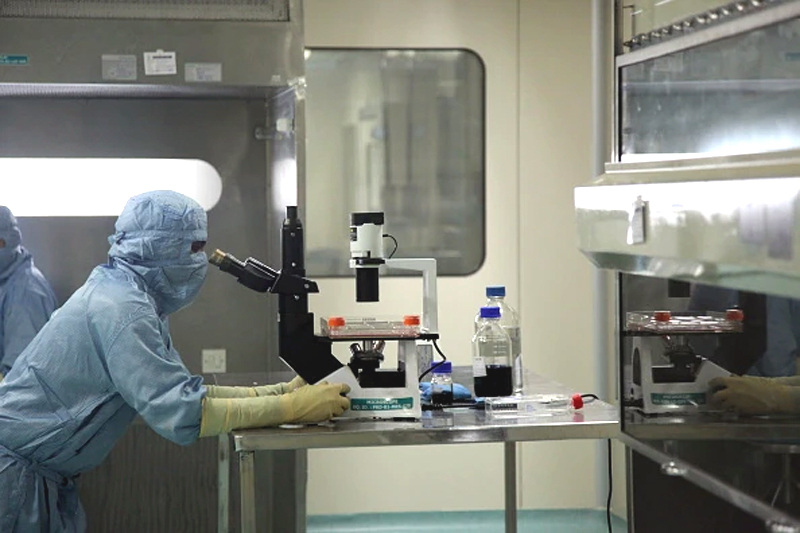India has seen many outbreaks of infectious and pathogenic diseases in the last decade due to rapidly spreading respiratory and hemorrhagic fever-causing viruses. As such, there is a dire need to establish a safe laboratory environment to protect the environment and community. Biosafety issues are a prime priority, and the world has seen the consequences of mishaps at the laboratory level. Since the enactment of the Environmental Protection Act in 1989 and the Department of Biotechnology (DBT) guidelines to deal with genetically modified organisms, India has embarked on establishing various levels of biosafety laboratories to deal with highly infectious and pathogenic organisms. BSL-3 laboratories are used to study infectious agents or toxins that may be transmitted through the air and cause potentially lethal infections. BSL-3 laboratories are designed to be easily decontaminated. Two such laboratories were sanctioned for Jammu and Kashmir, and finances were also allocated in 2015. While the BSl-3 lab at CD Hospital Srinagar was quickly operational in 2018, the lab at GMC Jammu is still in the installation stage. GMC Jammu did nothing for four years, after that delayed payments, and faulty DPR is the rigmarole story. Till 2019, no work was done, and even after that, start-and-stop arrangements are going on. The absence of dedicated power and RO plants in the DPR demonstrates the level of sincerity. The time has come to understand the gravity of the situation, and coveted efforts must be put in. Staid methods should be eliminated, and the task should be assigned to inviolable individuals with a proven track record. If the days of discrimination are over, why is one hospital repeatedly failing the administration?
Trending Now
E-Paper


